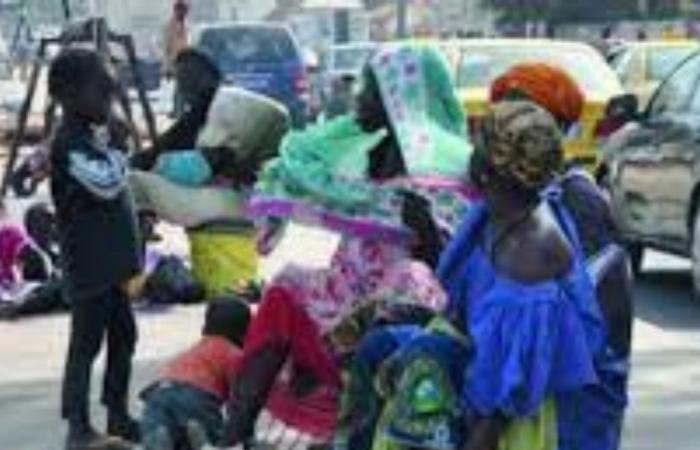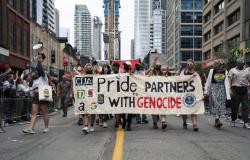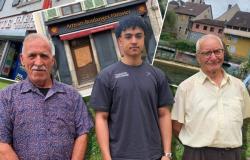
Foreign children who wander and beg in the streets of the capital are the visible face of begging in Dakar.
However, “the Senegalese are the most numerous.” This was noted by Aminata Kébé, High Commissioner for Human Rights at the West Africa Regional Office, during the planning workshop and official launch of the activities of the Project to support the protection of children who are victims of violations of their rights.
She states in the newspaper, Le Quotidien du jour that “the regions of Dakar and Saint-Louis are those which record the most child beggars”, without forgetting to say this situation is “present in all regions of Senegal”, continues -She. Apart from these children, she specifies “Senegal also receives children from other countries” coming mainly from “Guinea-Bissau and Guinea and who are the most represented”.
After the implementation of the first phase, the project “enabled the beneficiary States to strengthen their protection system, remove many children from the streets, and facilitate reintegration into their families,” added Ms. Kébé.
Following Ms. Kébé’s statement, Magistrate Adama Ndiaye, Deputy Director of Human Rights at the Ministry of Justice, stressed “the importance of this project in the promotion and protection of children.” This is also the reason why, he said, “all the ministers who have succeeded one another have had to sign a decree establishing a national steering committee.
According to Eugenia Pisan, Gender and Human Rights Program Officer (Aics), “results were recorded during the first phase, despite the difficulties during Covid-19, with the security and political challenges in the countries. We were able to support more than 3,500 children directly. We helped more than 48 structures in the 6 countries of the first phase. We had the Children’s Code which was adopted in Guinea and Guinea-Bissau. We had support to structure the care of children,” she revealed, while acknowledging that there are challenges that need to be addressed. Challenges that include “the harmonization of laws through an effective legal protection system and the development of the Children’s Code in Senegal, the psychosocial care of children in the beneficiary countries,” added Ms. Kébé.
This is why “the State of Senegal has formulated the request for the extension of the second phase” allowing “to remove many children who were of Guinean and Bissau-Guinean nationality, and to proceed with their return to their families”, she said.
For this second phase, it is planned for children without a birth certificate to carry out activities with the General Directorate of Civil Status.





